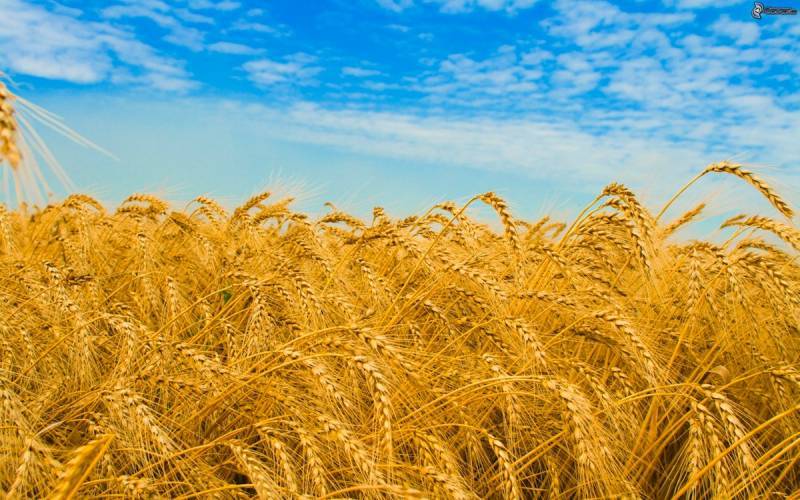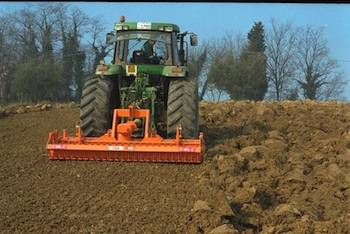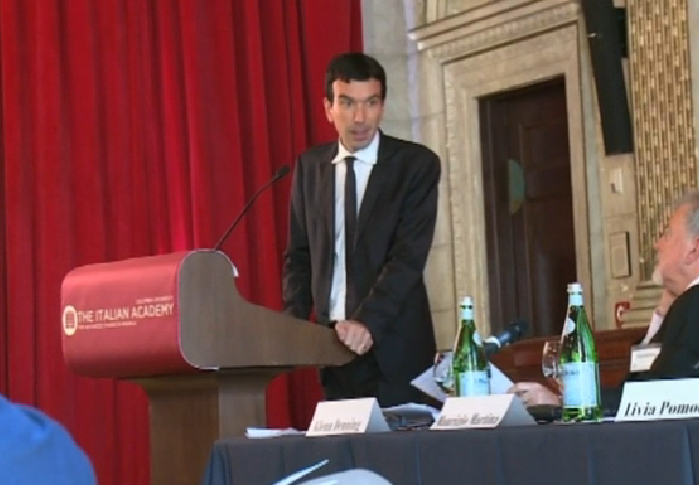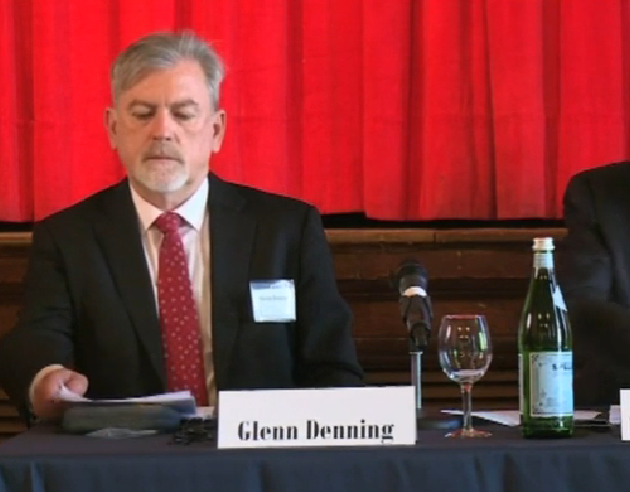Food Security, Globalization and Sustainability, Round Table Discussion
The Italian Academy at Columbia University has presented a round table discussion, co-sponsored, with the European Institute (Columbia University), the Italian Cultural Institute of New York, and the Center for American Studies in Rome, by the name Food Security, Globalization and Sustainability focusing on the legacy of Expo Milano 2015.
Expo Milano 2015, is a universal exposition currently taking place (running from May 1st to October 31st) in Milan, Italy, whose motto is Feeding the Planet, Energy for Life. 145 countries, 3 international organizations, numerous civil society organizations and private companies have come together to take action in regards of food security, safety, and health.
Speaking at Food security, globalization and sustainability were Maurizio Martina, Italian Minister of Agricultural, Food, and Forestry Policies and Government Coordinator for Expo Milano 2015; Glenn Denning, Professor of Professional Practice, School of International and Public Affairs (SIPA) & Senior Policy Advisor, Sustainable Development Solutions Network (SDSN), Earth Institute, Columbia University; Livia Pomodoro, President of the Milan Center for Food Law and Policy; formerly Magistrate, Supreme Court of Cassation of Italy, and President of the Juvenile Court of Milan.
Introduced by Dr. Barbara Faedda, Associate Director of the Italian Academy, the round table discussion focused on “the right to food and the problems of food security, including geopolitical factors around food production and the linked issues of energy consumption and environmental challenges, as part of an institutional mission at the U.N.’s Headquarters in New York.”
The general idea is that agriculture is vital. “As the primary sector of the economy, it is a national security matter for many countries that are concerned with food security, safety, and health. But agriculture also involves economic growth as a whole, increasing incomes, encouraging investment, and mobilizing scientific, technological, and social movements. Improving agricultural policies and promoting sustainable agricultural development is also a key challenge for restoring the ecological balance of our planet. It’s crucial to support agriculture in becoming more resilient and to stop the consumption of land for non-agricultural purposes.”
“The Italian agricultural system is one of the economic pillars of our country,” Minister Martina has said, “At the Ministero delle Politiche Agricole we concentrate daily on supporting national agricultural enterprises: by deciding how to use the 52 billion euros of EU funds allocated to the sector, by adding actions to the Stability Law, by sustaining small-medium sized businesses and favoring generational succession. Italy boasts an extraordinary and diversified rural landscape that we have to protect but that we also need to respect and promote. I believe that thanks to Expo 2015 we can revive the Italian agricultural business. The world wants more and more Made in Italy products and we must meet this request. Our potential is great but there is still much we have to learn, especially in collaborating with other countries.”
And as October 31st is getting closer, what is Expo Milano 2015 doing for Italy?
“This is an unbelievable opportunity. The Expo has been a terrific platform that favors exchanges of knowledge, of technologies and techniques. All to find together an answer to the question on how to guarantee enough healthy food to the ever growing world population.”
At Expo Milano 2015 the main concerns for all, not just for Italy, have been: Science for Food Safety, Security and Quality; Innovation in the Agro Food Supply Chain; Technology for Agriculture and Biodiversity; Dietary Education; Solidarity and Cooperation on Food; Food for Better Lifestyles and Food in the World’s Cultures and Ethnic Groups. In the light of new global scenarios and emerging issues, it is vital to come together in our right to secure and sufficient food.










































i-Italy
Facebook
Google+
This work may not be reproduced, in whole or in part, without prior written permission.
Questo lavoro non può essere riprodotto, in tutto o in parte, senza permesso scritto.